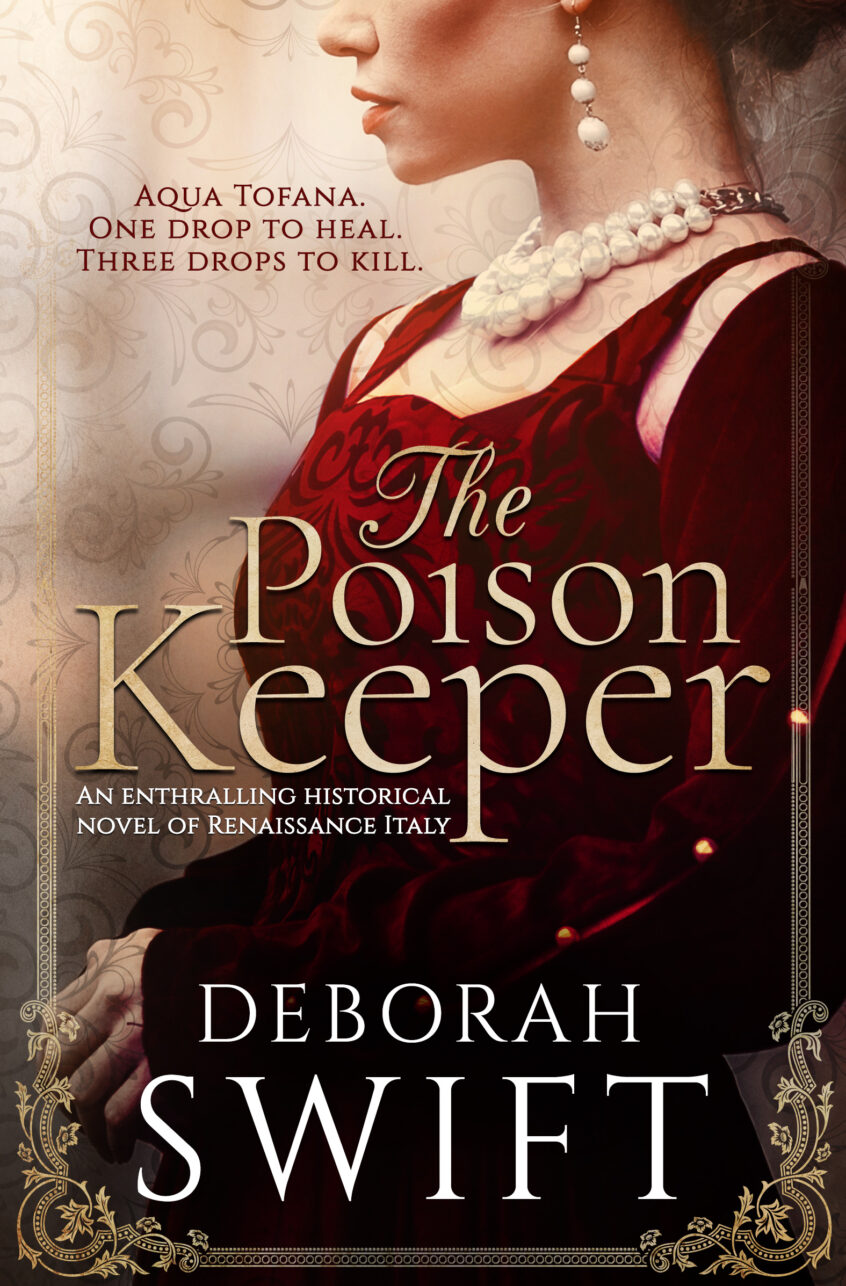Today I welcome writer, Deborah Swift to The Writers’ Hub. Her new book, The Poison Keeper, has just been published. It has dropped onto my kindle. The story is based on a real poisoner who lived in 17th century Venice. Deborah is a superb author. I have read every one of her books and can’t wait to dive into this one, first in a new Trilogy set in 17thC Italy.
To whet our appetites, Deborah shares a few interesting facts she discovered whilst researching this book which makes the novel even more intriguing. Are you ready for a few fascinating revelations?
5 interesting facts I discovered in my research for The Poison Keeper
by Deborah Swift
The Mafia existed even then
Naples was controlled by the mafia even in the 17th Century. They weren’t called the Mafia then though, they were called the Camorra. Capo = boss, Morra = a type of gambling game played in Naples. They were often controlled by family connection just as today, and ran drugs cartels, and a protection racket in which they threatened to beat up local shopkeepers unless they paid for protection.
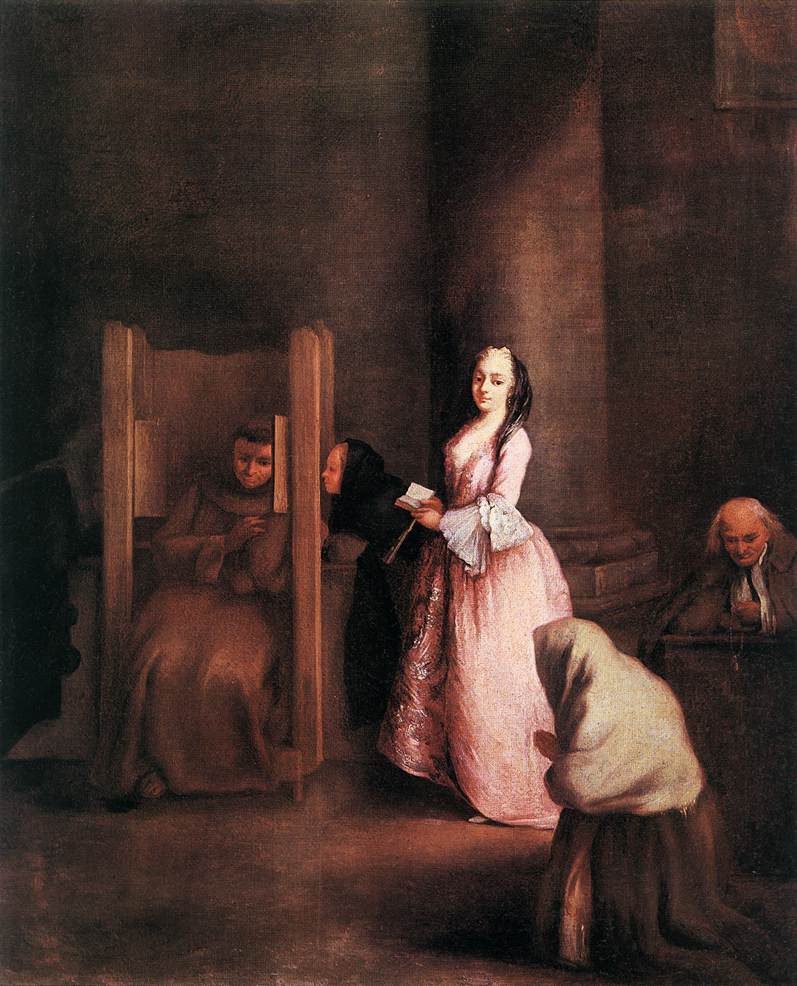
The Confession by Pietro_Longhi
Priests wandered about with no fixed abode
Because only one son could inherit most of the family fortune, the other sons were often made to be monks or clergy. Most churches had powerful families as their patrons who put pressure on the bishop to ordain their sons. Forced vocations were common, but as there were not enough churches to go round, so many men became wandering clergy. Their education was poor as there were few schools set up for training clergy, most of the dioceses lacked the resources to keep a seminary open. Sometimes these minor clerics got jobs as handymen, guards on lay estates, and some even joined groups of bandits!
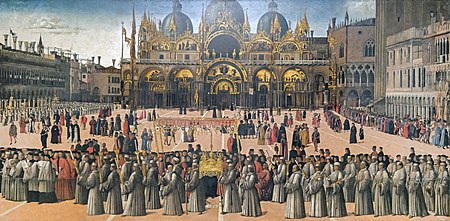
Accademia – Procession in piazza San Marco by Gentile Bellini
Brotherhoods ran everything, even the schools
Confraternities were extremely powerful institutions in this era, the Neapolitan Confraternity of the Holy Spirit had 6000 members and supported a boarding school for 400 poor girls. It is believed that in the 17th Century, in any Italian town, a quarter of the adult male population were enrolled in a brotherhood of some sort. Although the supposed function of the confraternity was to raise its Catholic brothers into a better state of spiritual grace, these organizations were was widely used as a kind of ‘old boy’s network’ with corruption and cronyism at their heart.
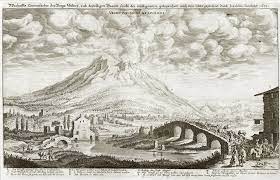
Vesuvius 1631
An earthquake, volcanic eruption and tidal wave caused widespread deaths
When Mount Vesuvius erupted in 1631 it rained down lava and hot ash and buried many surrounding settlements. The seismic activity was preceded by an earthquake and followed by an immense tidal wave. Gigantic waves crashed onto the shore three times, destroying villages and many boats along the coastline. It is estimated this eruption was responsible for the deaths of approximately 4,000 people.
“… Not only ashes, but also stones falling down from the sky like fiery waste manufacturers who quarried from the forges, as big as a hand and even more … “ De Contreras, 163
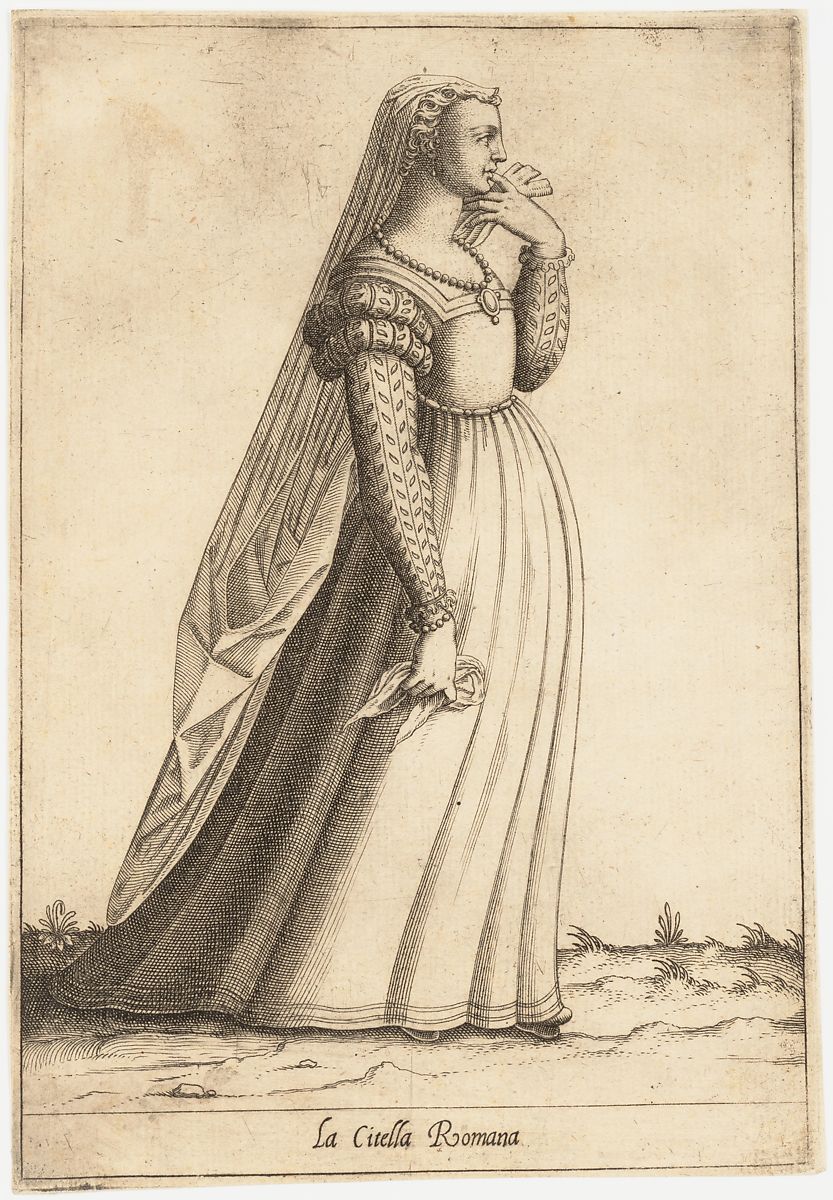
Courtesans had aspirations to being classical goddesses
Prostitutes liked to change their names to suggest they were goddesses; Ortensio Lando in a letter says, ‘instead of Maria, Francesca, Ursula, Helena and Antonia, they call themselves Glyceria, Phryne, Thais, Flora, Lydia, Philena and Callidena.’ The classical names made them appear as if they had a knowledge of the classics, as well as bestowing the ideal of classical Greek beauty.
In truth courtesans lived well, and were often educated. They had to be, to attract the men that earned them their living. Some courtesans had regular clients, and would see them on regular days of the week – Pietro on Monday, Gianni on Tuesday, etc. etc. If a traveller from out of town wanted a night with her, he would have to pay not only the courtesan but also pay off her ‘regular.’
Thank you Carol, for hosting my guest post.
It has been a pleasure and now I can’t wait to read the novel. Thank you for popping in, Deborah.
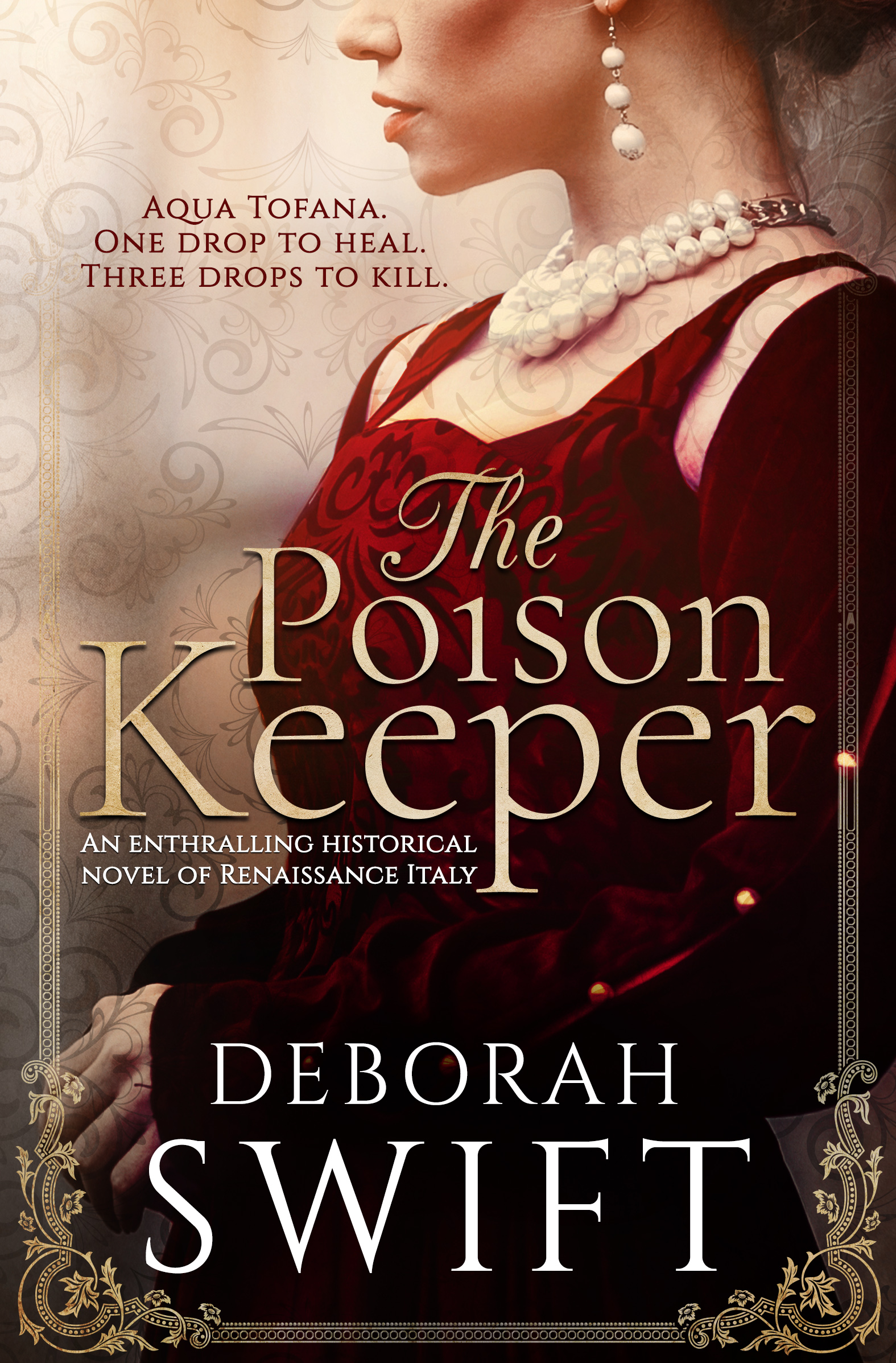
Find Deborah on Twitter @swiftstory or on her website www.deborahswift.com
BUY THE BOOK or read with KindleUnlimited subscription https://tinyurl.com/jaf67w7m

